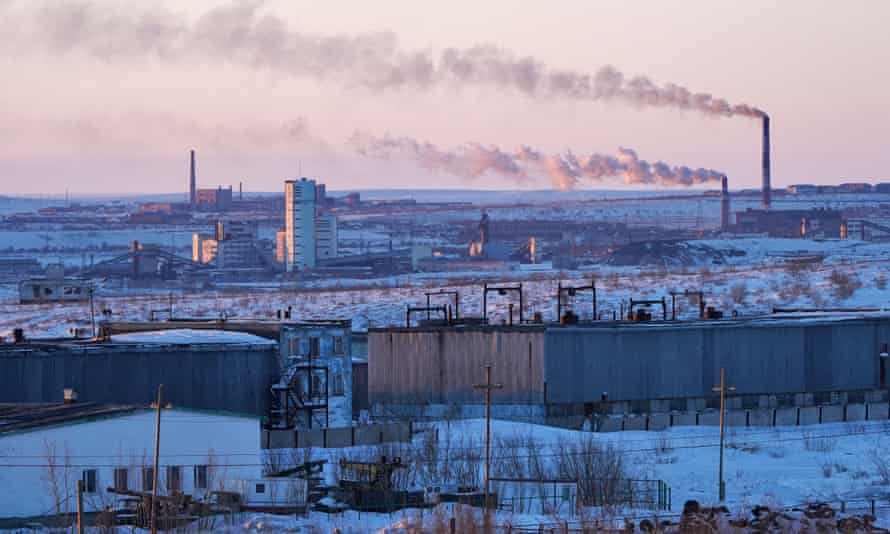Extract from The Guardian
New carbon capture technology should be welcomed. But weaning the world off coal, oil and gas is what matters most.

Coal mines in Russia. ‘A new study concludes that 97% of coal reserves in Russia must stay buried.’
Last modified on Fri 10 Sep 2021 06.04 AEST
The switching on of the world’s largest carbon capture and storage plant, in Iceland, is a glimmer of hope in a bleak climate landscape. The amount of carbon dioxide removed from the atmosphere by this new machine will be tiny: 4,000 tonnes a year, which is equivalent to that produced by 870 cars. Still, the project brings a step closer the possibility that significant amounts of carbon dioxide could, one day, be removed from the atmosphere.
The significant risks that such technological developments carry must be addressed head-on. The danger is that they are a displacement activity from the massive and necessary task of reducing and then eliminating emissions (with any residual emissions offset or, if carbon capture technologies are scaled up, removed). This distraction need not be deliberate, although fossil fuel producers have consistently undermined climate action by promoting the idea that technological solutions will eventually make calls to decarbonise obsolete.
With just seven weeks until the Glasgow climate conference, at which governments must make a new round of emissions commitments, pressure is building on all those with the power to influence decisions. This week, the US government announced plans to produce 45% of the country’s electricity through solar power by 2050 – a massive increase on last year’s total of 3% (in the UK the figure was 4%). Last week, the Iraqi government made an unprecedented intervention, calling for oil-producing countries to move rapidly away from fossil fuel dependency and develop renewables as a replacement. Ali Allawi, Iraq’s deputy prime minister, wrote in the Guardian of the urgent need for international investment to support the development of green industries. The alternative, he warned, would be hardship and instability.
The fast-falling cost of renewables sends a clear signal that there is a route to safety. So does the political momentum generated by younger generations of voters and activists who are full of fear for the future. But the role of technologies such as that being tested in Iceland, and new forms of nuclear energy, remain highly contested and unclear. The inescapable fact remains unchanged: fossil fuels will continue to heat up our planet for as long as we keep burning them. Net zero pledges are empty promises unless they are accompanied by binding commitments to stop.
No comments:
Post a Comment